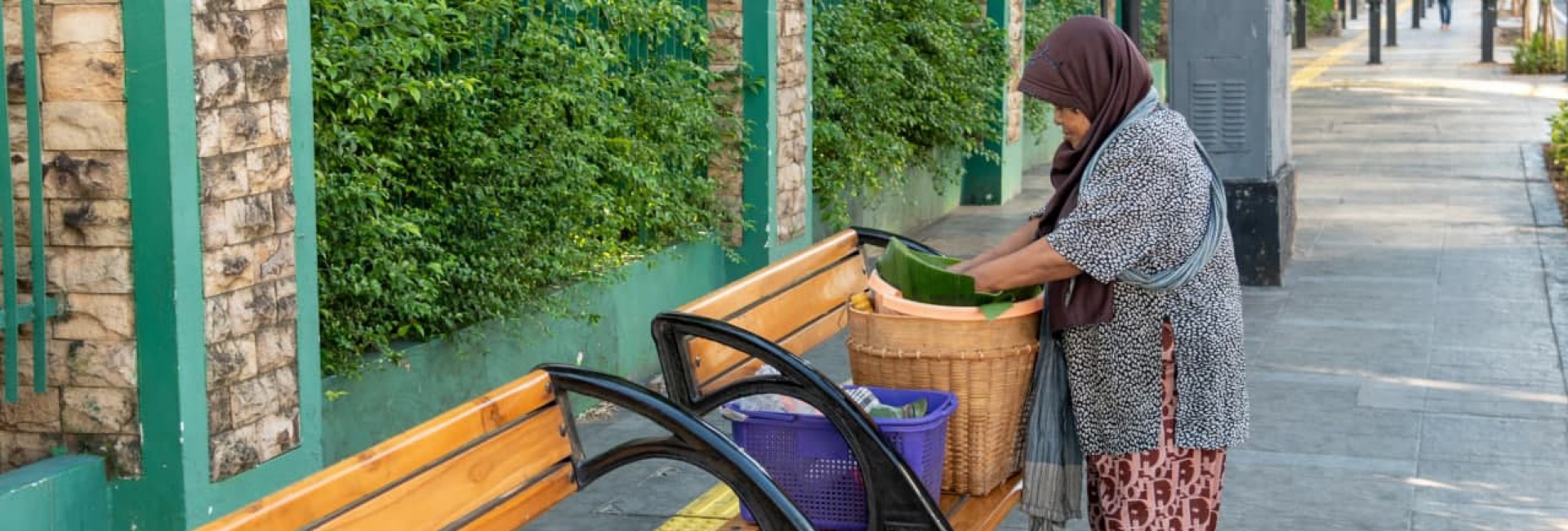In August 2019, I was entrusted to receive the leadership baton from Dr. Asep Suryahadi to be the director of The SMERU Research Institute. This is by no means an easy task considering the various accomplishments made by SMERU during his term. Still, my optimism remains as Dr. Suryahadi is still with SMERU as one of its senior research fellows, and the entire SMERU staff is still fully committed to undertaking the institute’s vision and missions. Throughout 2019, SMERU continued to demonstrate its commitment to contribute to policymaking and improvement of stakeholders’ understanding of the importance of a more inclusive as well as research-based policymaking. In response to the trust given to SMERU by various ministries/government institutions and development partners, SMERU has delivered several policy recommendations on issues such as rural development, more inclusive economic development, livelihood development for Family of Hope (PKH) beneficiaries, stunting reduction and prevention, and increase of access to quality education.
With the support of the Ford Foundation and Knowledge Sector Initiative (KSI)-DFAT, SMERU has assisted the Ministry of National Development Planning/National Development Planning Agency (Bappenas) in creating the Inclusive Economic Development Index, which provides data down to the kabupaten (district)/kota (city) level. The index can be used as a basis for policymaking and a tool for monitoring the quality of economic growth. In the education sector, through the RISE Programme in Indonesia (supported by the RISE Programme), SMERU has delivered policy recommendations on teacher recruitment, training, and capacity building. By collaborating with the private sector and civil society organizations, SMERU has conducted studies to support policies that aim to eliminate child labor in the agricultural sector. With the support of the MAMPU-DFAT Program, SMERU also conducted studies on women’s access to public services. In addition, to keep encouraging the formulation of pro-poor policies, SMERU has organized training sessions on poverty reduction policy analysis for ministry staff as well as academics.
At the end of July, SMERU held the Regional Development Forum (FPD) in cooperation with the West Java Provincial Government, and a national seminar in cooperation with the SDGs Center of Universitas Padjadjaran. Earning the trust to be West Java Provincial Government’s partner in reducing poverty has been an honor for us. At the end of the year, all the hard work of SMERU staff and management gained recognition from the government in which SMERU was awarded for its contribution in the success of the PKH program implementation. This year marks the end of the period for the implementation of SMERU’s 2015–2019 Strategic Plan. Successes and failures during these five years have become an invaluable experience for SMERU in preparing its 2020–2024 Strategic Plan. The plan is directed toward continued strengthening of our contribution to the achievement of an equitable development in support of the poor and other marginalized citizens.
Finally, I would like to thank the entire staff as well as all of SMERU’s partners for their support, which has made these achievements possible. I would also like to thank them for their faith in me. With the blessing of the God Almighty and the full support of SMERU’s staff, I will do my best to perform my role as SMERU’s director. Together we will make SMERU’s vision to reduce poverty and inequality in Indonesia a reality



